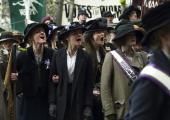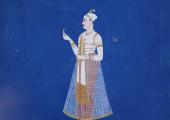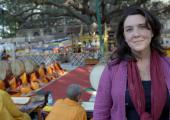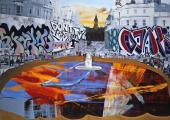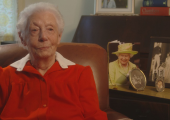China: Treasures of the Jade Empire, Channel 4
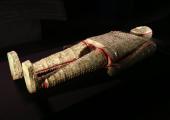
The Chinese imperial way of death: burial revelations from Han tombs
Here comes the President, and with him a timely reminder about what the Chinese have been digging up over the past 40 years or so to further demonstrate their exceptional imperial history over the past two millennia. Treasures of the Jade Empire rather breathlessly told us of revelatory excavations of the tombs of the Han Emperors, and the regional kings they nominated to act as surrogate rulers over their gigantic empire – its boundaries closely related to China today.

